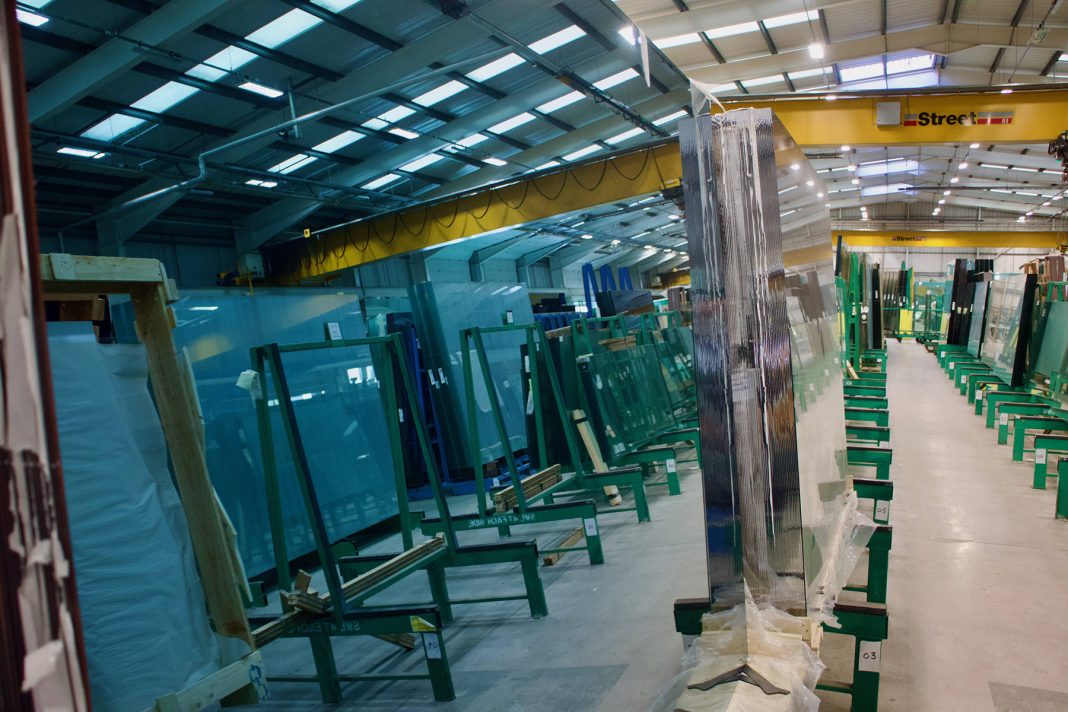From: Mark Mitchell, chairman, Cornwall Group
The UK glazing industry is facing a perfect storm of surplus glass and continued inflation. Price rises from all quarters are adding pressure to companies’ finances. Much of which we’ve talked about previously, but we are starting to see inflation on top of inflation which, in some cases, isn’t being passed through the supply chain via price increases. This is putting pressure on cash flow.
Everything is still going up: businesses are paying 20% more for water; they are paying 20% more for business rates; they are paying two to three times more for energy; payroll costs are up; borrowing costs have doubled in the last quarter; and corporation tax is going up. Each of these factors is eating into the precious margin we put on our products.
For some businesses, one way of controlling input costs is to capitalise on the influx of glass entering the UK from abroad, particularly China and Turkey – and reduced global shipping costs and redundant European float lines are making Europe an attractive market for Chinese and Turkish glass manufacturers. While the immediate benefit is lower raw material costs, overall it is a double-edged sword.
We are definitely seeing a change in the landscape when it comes to glass. The last five years have been characterised by short supply and high demand, which have pushed up prices, but since Christmas we have seen a lot of product arrive from overseas. This is offsetting attempts to keep margins up – and we need healthy margins, because they feed back into new machinery, training new employees, and product innovation.
Combined with rising inflation, the glass industry is facing something of a perfect storm.
Many companies are joining the race to the bottom on price, and that is regrettable. Unfortunately, this is being fuelled to some extent by companies backed by private investors, who are looking for healthy growth over a short period.
We take a different view. We have a strategic ten-year outlook, which encourages us to invest regardless of the immediate pressures the business is under. This, ultimately, means we can maintain product quality, lead times are reduced, and our product portfolio is bang up to date.
Cornwall Glass Manufacturing recently installed a new heat soak oven, the group’s second, supplied and installed by Peter Lambert, that can handle large units up to 4.2m x 2.7m. With the trend for larger sealed units, spontaneous breakage caused by nickel sulphide inclusion can cause can cost thousands of pounds to remedy. Heat soaking the glass before transport to site puts Cornwall Glass Manufacturing in an advantageous position as a supplier because there is less risk of spontaneous breakage of installed products.
The company has also invested in a £1.5million Bystronic Sealed Unit Line at its St Austell site, which replaces a similar line that was installed 20 years ago. The new line, which is designed to manufacture triple glazed units, incorporates online silicone and polysulphide application, alongside gas filling, speeding up the process and maintaining high quality standards.
We have a policy of ploughing our profits back into the business, which maintains our position as a stable supplier of glass products. Unfortunately, not all companies have that stability, and the combination of rising inflation and cheap glass from abroad is putting many glass companies under pressure.
It is important that we all don’t race to the bottom on price, so that the industry can continue to invest in the products that we will rely on in the future. Our own strategy of continuous investment means our product range is unrivalled in the UK – we have more than 300 product types that we can offer our customers, which put them in an advantageous position when they bid for new work.












